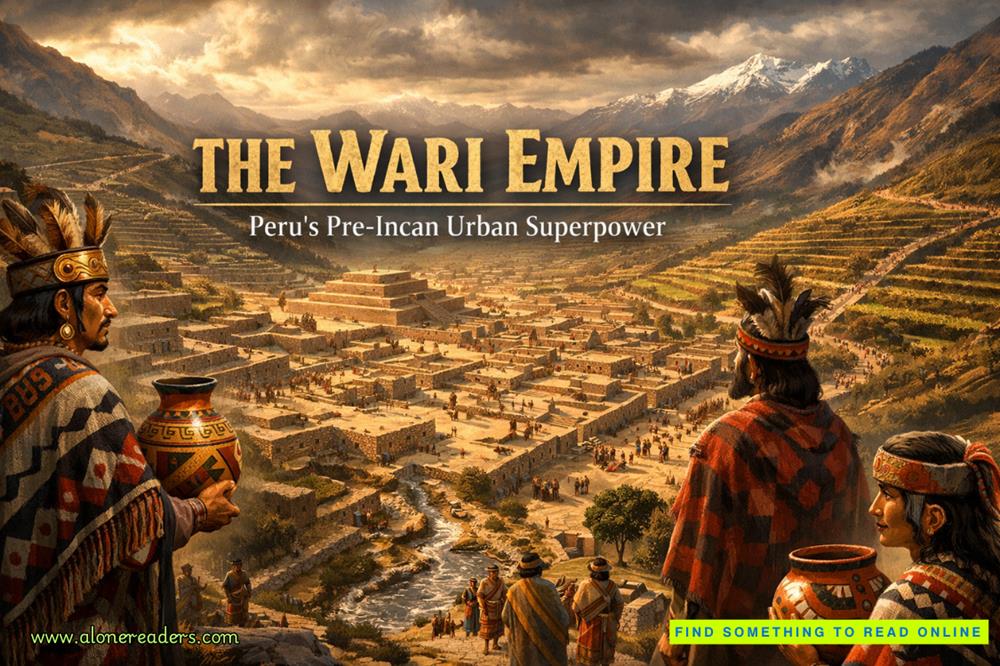PART ONE
THE CAGE
1
TO SOME IT’Sa stage. A place where carefully choreographed drama takes place. To others, a chess match with moves designed and practiced weeks and sometimes months in advance. Where nothing is left to chance. Where the wrong moves have grave consequences and finality. Where the recruited audience sits in silent judgment with their hidden biases and contempt.
I have never thought of it that way. To me it’s the Octagon, where mixed martial arts are deployed in brutal combat. Two go in; one comes out the victor. No one is left unbloodied. No one is left unscarred. This is what the courtroom is to me.
The hearing on this day was in civil court, a misnomer if there ever was one. There was nothing remotely civil about this fight.Randolph versus Tidalwaiv Technologies LLCwas one of those rare cases where the stakes went far beyond the walls of the courtroom or even the reach of the federal court for the Central District of California. This was a fight for the future of everyone—or at least that was how I would argue it.
It was a pretrial hearing before US district court judge Margaret Ruhlin. I had known her since her days as a member of the local defense bar, back when she was called Peggy Ruhlin and hung out after court hours at the bar at the Redbird. She was now a veteran and much respected jurist appointed to the bench during the Obama years. She had consolidated cross-complaints from the parties and was attempting to avoid a trial delay by refereeing the disputes. I was in favor of that but the lawyers at the other table, the Mason brothers, would have liked nothing better than to push the trial off for another few months or more. Tidalwaiv was for sale and its investors were hoping one of the big techs would swallow it. The threeMs were circling—Microsoft, Meta, and Musk. This trial and its outcome could be the difference between millions and billions.
I was determined not to let them delay. Tidalwaiv had turned over twelve terabytes of discovery—enough when printed out to literally line the walls of a warehouse with file boxes. But what was important in those thousands and thousands of pages was heavily redacted, making the documents virtually useless to me. I needed to find what they were hiding in those pages or I was going to lose the most important case of my life.
The judge was patiently waiting for my response to one of the Masons, who had stood up and claimed that the redactions in the discovery materials were necessary because of proprietary protections in the very competitive world of generative artificial intelligence. He said that the information withheld from me amounted to the keys to the kingdom. And they weren’t going to give them away.
“Mr. Haller,” the judge prompted. “Your response, please.”
“Yes, Your Honor,” I said.
Following the judge’s courtroom protocol, I stood and went to the lectern located between the tables for the plaintiff and the defendant.
“Your Honor, the defense’s argument is specious at best,” I began.“We are not talking about the keys to the kingdom here. We’re talking about key evidence that is being withheld because, as Mr. Mason well knows, it is inculpatory. It supports the plaintiff’s case. Tidalwaiv’s creation told an impressionable young man to take his father’s gun to school and—”
“Mr. Haller,” the judge interrupted. “It is not necessary for you to repeat your cause of action with every objection. I am sure the media you invited here today appreciates it, but the court does not.”
The judge gestured toward the front row of the gallery, where members of the media sat shoulder to shoulder. Cameras and recording devices were not allowed in federal court. Each reporter, even the TV people, was reduced to taking notes by hand. And at the end of the row was a courtroom artist sketching yours truly for CNN. Pen and paper seemed so antiquated in a world where the electronic media reigned, along with its coconspirators artificial intelligence and the internet.
“Thank you, Judge,” I said. “The point is, this case is about guardrails. Tidalwaiv says they had guardrails in place but won’t reveal them, because they are allegedly proprietary. That doesn’t wash, Your Honor. The plaintiff is entitled to understand how Tidalwaiv’s artificial-intelligence-generated creation jumped those guardrails and told a teenager it was okay to shoot people.”
The Masons stood up in unison to object. They were alone at the defense table, their client choosing not to send a representative to court for these pretrial skirmishes.
The twins conferred and then Marcus sat down, leaving Mitchell to state their argument.
“Your Honor, the plaintiff’s attorney is once again misstating the facts and evidence,” he said. “He is talking to the media, not the court.”
I quickly shot back, since I was still at the lectern.
“How do we know the facts and evidence if they won’t provide complete discovery materials?” I asked, my arms out wide.
Ruhlin held her hands up in a signal for silence.
“Enough,” she said. “Mr. Mason, please move to the lectern.”
I retook my seat next to my client, Brenda Randolph, who had tears on her cheeks. Any reference made in court to her murdered child brought tears. It wasn’t a show. It wasn’t coaching. It was genuine loss and grief that would never go away no matter what happened down the line in this courtroom. I reached over and put my hand on her arm to console her. I needed to pay attention to the judge and my opponents but knew how difficult these moments were for her and that they would only get harder as the trial proceeded.
“Mr. Mason, the court tends to agree with Mr. Haller in this matter,” Ruhlin said. “How do you propose we rectify this issue? He is entitled to full discovery.”
“We can’t, Your Honor,” Mitchell Mason replied from the lectern. “Rather than reveal our proprietary sciences, codes, and methods, we have offered the plaintiff a generous settlement package, but that was rejected so that the plaintiff’s attorney can continue to grandstand in front of the media with his wholly unsubstantiated claims and—”
“Let me stop you right there, Mr. Mason,” the judge said. “Every plaintiff has the right to a trial. We’re not going to go down the road of judging motivations for settling or not settling this case.”
“Then, Your Honor,” Mason countered, “we are happy to submit to a court-appointed special master to review the materials we have provided and determine what is discoverable and what should remain redacted as proprietary.”
Now I stood to object, but the judge ignored me.
“I will reluctantly consider the offer in light of what that would mean to the court’s calendar,” Ruhlin said. “But for now, let’s move on to our next issue. Mr. Mason, you—”















